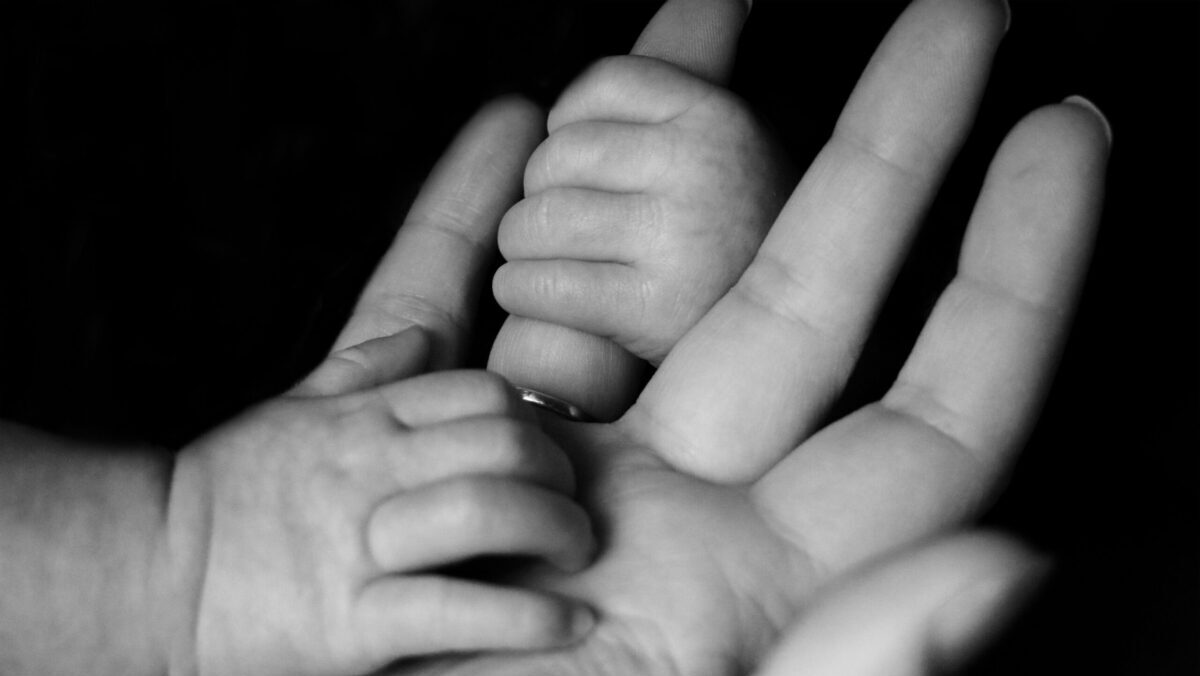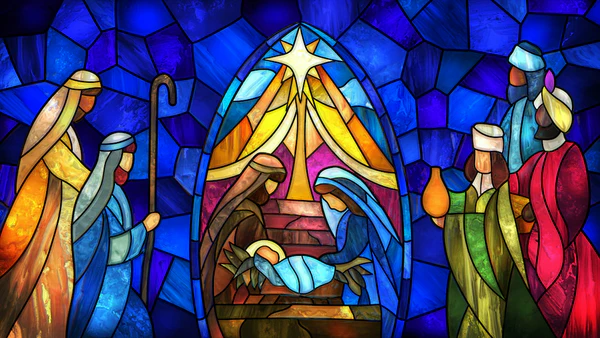Thousands of miles away from his International Mission Board assignment in Colombia, IMB missionary Matthew Fisher found himself standing before a group of African pastors. Burundi is the smallest African country. It’s also one of the world’s poorest countries. Many suffer from AIDs or other illnesses. The needs are great.
In their culture, concealing one’s feelings is deemed the epitome of masculinity. It’s an expectation for these pastors to appear emotionally resilient. This understanding led Fisher to accept an invitation from a church in Colombia to bring his training from the Trauma Healing Institute to another continent and conduct a week-long trauma healing group.
“How does your relationship with your earthly father affect your relationship with your Father in Heaven?” Fisher inquired.
RELATED: Check out more stories on IMB ministry efforts here.
The group paused in contemplation.
Then, one pastor broke the silence, sharing, “I’ve always had trouble trusting in the promises of God. I never understood why.”
“My father on earth just always let me down. He was always a liar,” he continued. “Now, I see why I have a problem with my relationship with God, with trusting in God and His promises, because my father on earth always lied to me.”
The pastor’s story didn’t end there.
As the course concluded, he said, “Once I was able to forgive my father on earth and go through this course, I was able to open my eyes and truly have more faith in the promises of God.”
Communities
The training Fisher received from the Trauma Healing Institute aligns with Jesus’ mission of physical healing, as the goal of trauma healing groups is to point members toward Jesus as their Savior, guiding them to live with a sense of purpose in line with Christ’s teachings. These groups nurture authentic communities that foster both spiritual and emotional healing. Rooted in Scripture, these groups also incorporate psychological interventions.
Fisher, who used his personal vacation time for this mission trip, firmly believes in the impact these trauma healing groups can make. In fact, these groups have become a cornerstone of his church-planting strategy in South America, back across the ocean.
It all begins with a local believer who aspires to plant a church and feels a calling to become a pastor.
While their neighbors and friends might initially hesitate to join a new church, often coming from a Catholic background, many hunger for authenticity and community. They discover this in a trauma healing group known as “Sanando Corazones” or “Healing Hearts.”
As group members begin sharing their stories during free group counseling sessions, they develop close bonds and experience emotional and spiritual growth. Many members, dealing with their emotional scars through the program rooted in Scripture, ultimately turn to faith in Christ. Fisher estimates that, by the end of the 10-week program (split into five lessons), around 50% of the hundreds he’s seen enter the program were believers already and are now strengthened or make professions of faith during their time in the group.
When a session concludes, most members wish to continue. The meeting time shifts from a typical weekday, like Thursday night, to Sunday morning. The local believer who initiated the church-planting endeavor leads the fellowship, delivering 12 messages on the characteristics of a healthy church.
Called to serve
Gradually, as the group delves into topics like identity in Christ, baptism, the Lord’s Supper, church membership, worship and others, Fisher and the Bible study leader encourage believers to consider whether they feel called to serve in the area discussed that week. Often, someone steps forward, assuming responsibility and ownership over that role of a church.
Fisher remains with the group, providing discipleship as they grow into a thriving church plant. Over the last five years of his ministry, he has personally witnessed three congregations in South America sprout from this approach.
Fisher’s missionary team views trauma healing groups as an effective tool for church planting and evangelism in Colombia, primarily due to the barriers they break down. Most of the team members have training in trauma healing.
Because people in Colombia are usually reserved and standoffish, they don’t let anybody see into their lives. Through trauma healing, in just a few weeks, they mesh as a group, and they begin to really share their lives with one another.
The team sees this tool as a great way for genuine community to be formed.
EDITOR’S NOTE — This story was written by Myriah Snyder and originally published by the International Mission Board.






